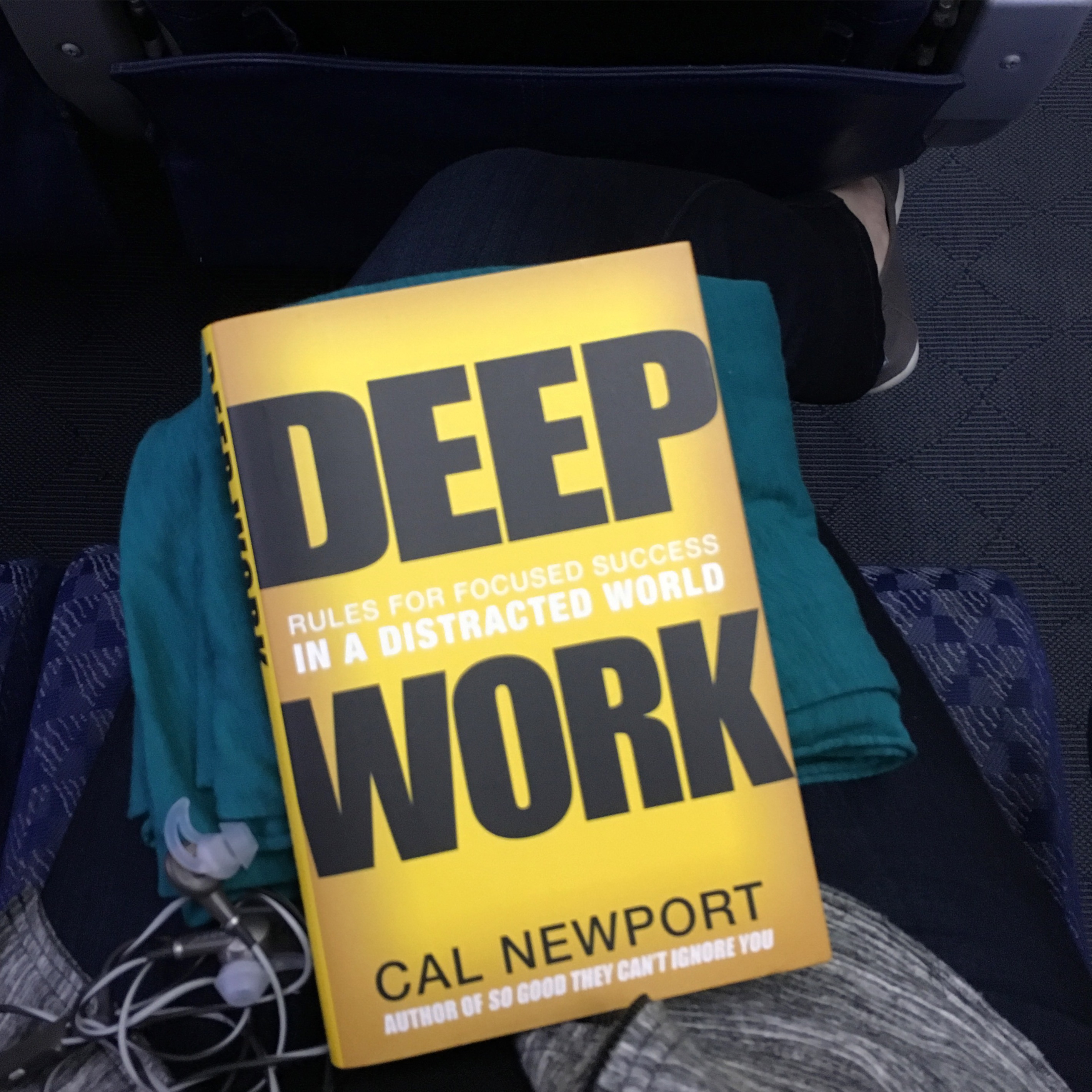Reagen’s famous speech at the Bradenburg Gate was on June 12, 1987. 25 years ago today. Below is an excerpt from an op-ed published yesterday in the NY Times, Reagan at the Wall, by Ted Wimer, about the speech:
In a way, it was a no-brainer. No one had ever liked the wall, since its construction in 1961. But to express that antipathy in 1987, as tensions were winding down, was impolitic. . . . Things were trending in the right direction in United States-Soviet relations. Most of Reagan’s foreign policy advisers opposed adding incendiary language.
. . .
One of Reagan’s gifts, however, was not to care about the wisps of history, or the contrary advice of his advisers. He insisted that the line be included, and so, midway through the speech, the president said, “Mr. Gorbachev, open this gate! Mr. Gorbachev, tear down this wall!” The lines were delivered crisply. It is unusual for a president to use the second-person imperative — it’s one of the reasons we remember J.F.K.’s invocation to “ask not.” Near the end, Reagan spotted a bit of graffiti spray-painted on the wall, and read it aloud: “This wall will fall. Beliefs become reality.”
Wimer’s op-ed notes that the wall fell because Gorbachev did nothing, not because of Reagan’s speech. There’s a little more to it than that. The whole chain of command did nothing, all the way up to Moscow. They failed to operate in the face of what history shows now was a simple mistake.
Here’s how the events unfolded:
November 9, 1989:
There had been two breaches in the Iron Curtain allowing a mass exodus from East Germany through Hungary and Czechoslovakia as the old Communist guards were removed from power, and the new governments were unwilling to enforce old restriction.
The mistake arose out of changes to the law regulating travel to West Berlin that were intended to quell rising protests in East Berlin and to stem the tide of thousands who were leaving the country daily. They had no intention of letting anyone travel without permission, but they were allowing travel by everyone using various border crossing points.
5:40 pm:
But, the man giving the press conference (Günter Schabowski) got it wrong. He mention the loosen visa requirements and said the changes were effective immediately, instead of the next day. When pushed by Tom Brokaw, he said, “It is possible for them to go through the border.” Once West German TV declared it “a historic day” and said that “The GDR is opening its borders … The gates in the Berlin Wall stand open,” East Germans turned out to see if it was true.
These were not people with thoughts of emigration. ‘We just wanted to see whether we could go through, what life was like on the other side,’ said Rüdigger Rosendahl, a chemical researcher, who lived near the checkpoint. ‘People were saying to the guards, “It’s OK, we won’t go for long, we just want t see the Ku’damm, then we’ll be back.” The important thing was that were were not scared. Things had changed here in the last few weeks. For the first time our habitual fear of people in uniform was gone. It was extraordinary, to see people arguing with soldiers and Stasi officers, demanding to be given the rights that we were told we now possessed.”
From Revolution 1989: The Fall of the Soviet Empire, by Victor Sebestyen.
Since it wasn’t planned, no orders had changed, and a standoff began. The people demanded the right to pass, and the guards told them to turn around and come back the next day.
10:30 pm:
As the hours passed, reports came in from all of the checkpoints across the city. All were beseiged by thousands of people. Waiting. Here’s an account from one of the guards:
“Lieutenant-Colonel Jäger decided that things ‘were imposible and we could not go on as we had’. Every time he had asked for orders, he was told to wait. But things were too urgent. ‘All I was thinking about now was to avoid bloodshed. There were so many people and they didn’t have space to move. If a panic started, people would have been crushed. We had pistols. I had given instructions not to used them, but what if one of the men had lost his nerve. Even a shot in the air . . . I cannot imagine what reaction that would have provoked. I told my superiors that I couldn’t hold the checkpoint any longer.’ He ordered two of his men to lift the red and white gate – and waved the crowds through to rapturous applause.”
From Revolution 1989: The Fall of the Soviet Empire, by Victor Sebestyen.
Those in charge of guarding the other five checkpoints ultimately made the same decision, but all the decisions were apparently made independently. No orders were given.
Midnight:
All six checkpoints had been open, and the celebration began. Family were reunited, dancing commenced, and the end of East Germany was marked. Everything was different.
Beliefs Become Reality
Bravo, to Reagen for ignoring his advisers and calling on Gorbachev stand by his words and tear down the wall. We need more of this from our leaders.
But, don’t forget that praise should also go to those guards and their supervisors, like Lieutenant-Colonel Jäger, who valued the lives of their countrymen and did what they thought was right under the circumstances in the face of long-standing shoot to kill policy, which had not been lifted.
Who says one person can’t make a difference, right?!
—
Need More Information?
- Revolution 1989: The Fall of the Soviet Empire
, by Victor Sebestyen. Amazing book, written like fiction in vignettes. Highly recommended.
- Reagen’s famous speech at the Bradenburg Gate, on YouTube.
Photo: Wikimedia Commons (Taken in 1982)
